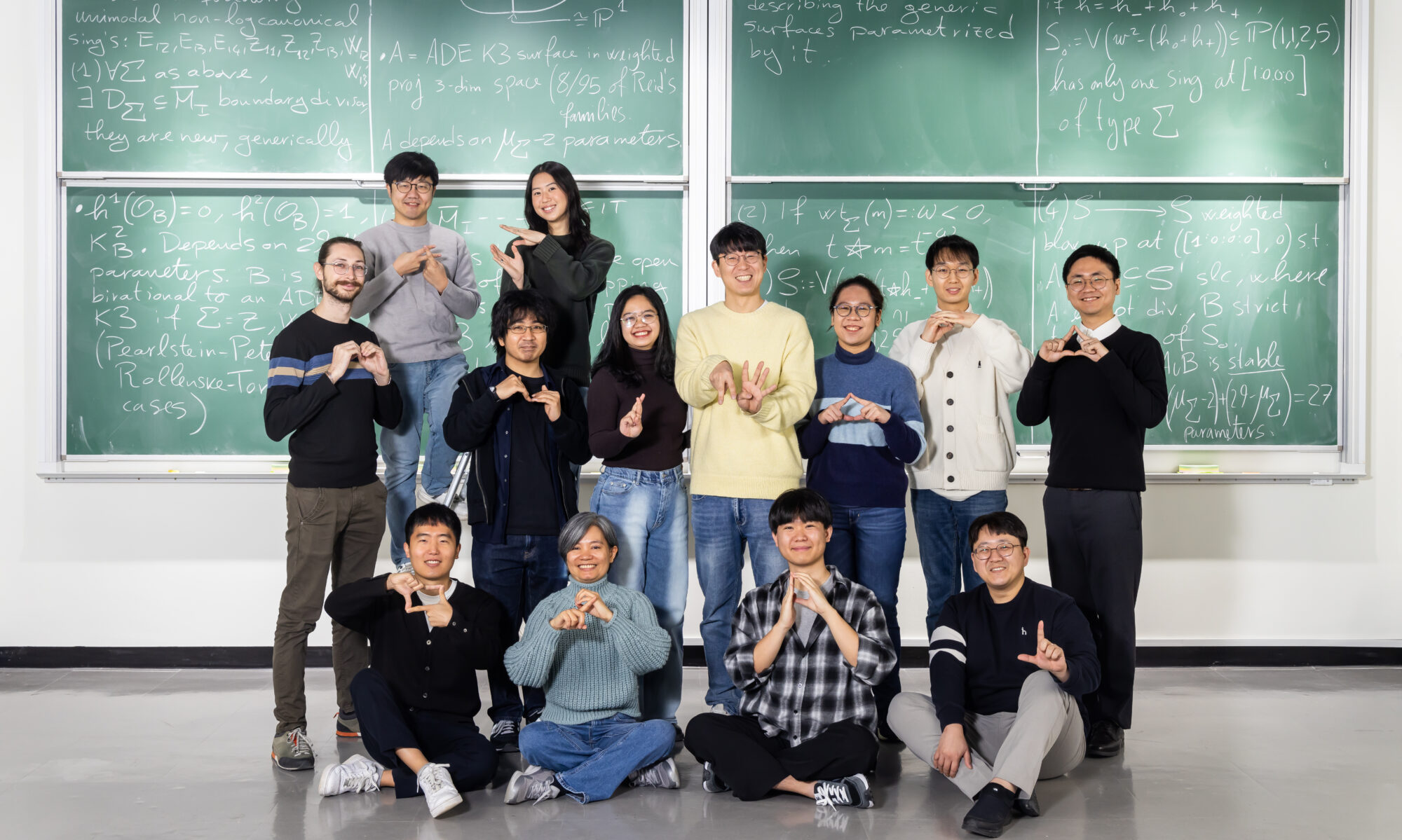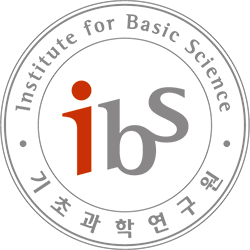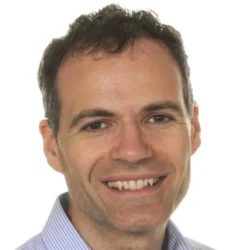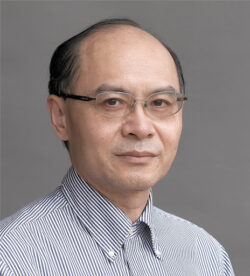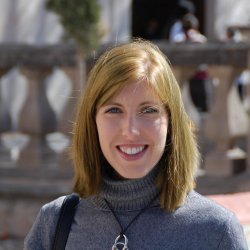
Topological Data Analysis for Multiscale Biology – Heather Harrington
ZOOM ID: 997 8258 4700 (Biomedical Mathematics Online Colloquium) (pw: 1234)Abstract Many processes in the life sciences are inherently multi-scale and dynamic. Spatial structures and patterns vary across levels of organisation, from molecular to multi-cellular to multi-organism. With more sophisticated mechanistic models and data available, quantitative tools are needed to study their evolution in space and time. Topological data analysis (TDA) provides a multi-scale summary …
